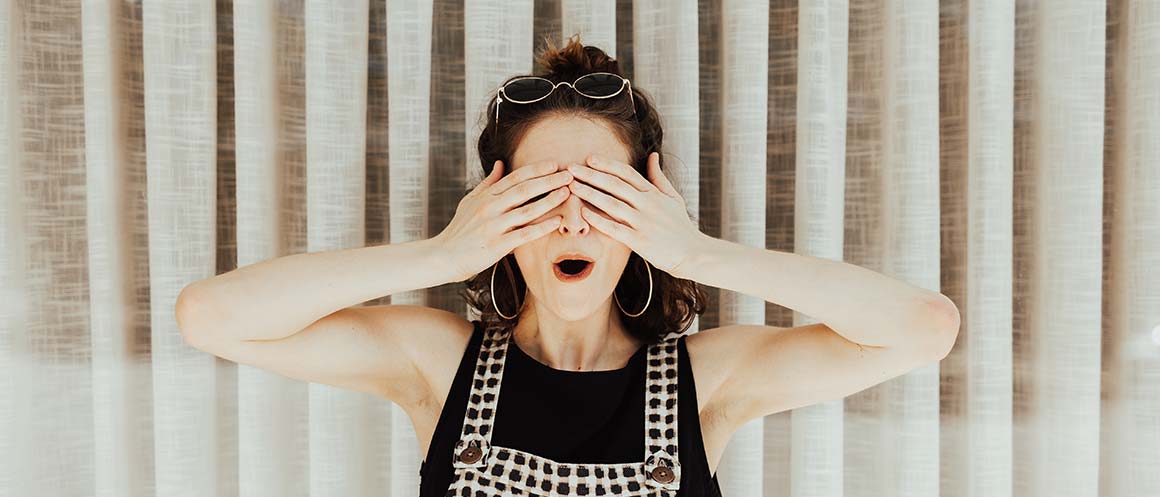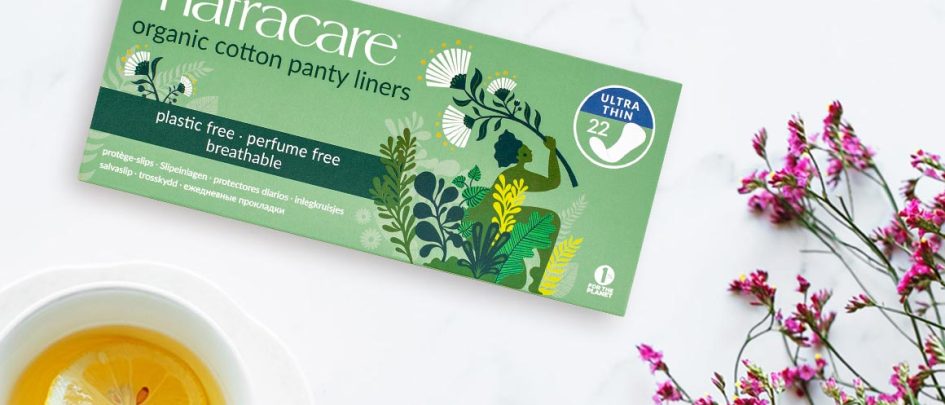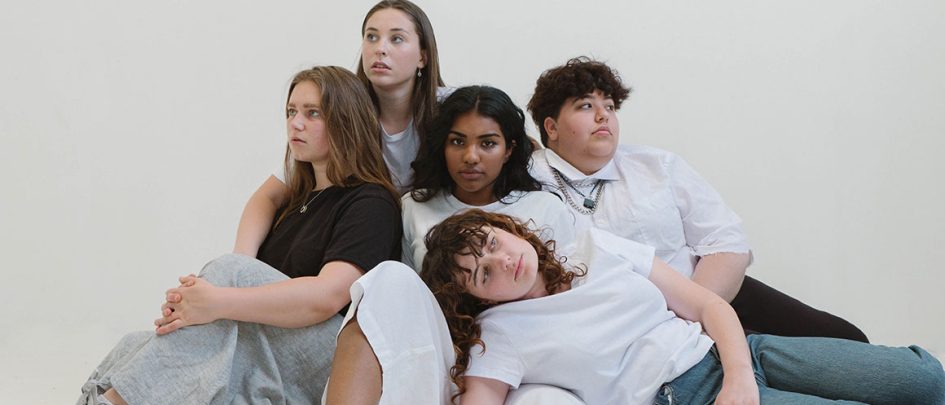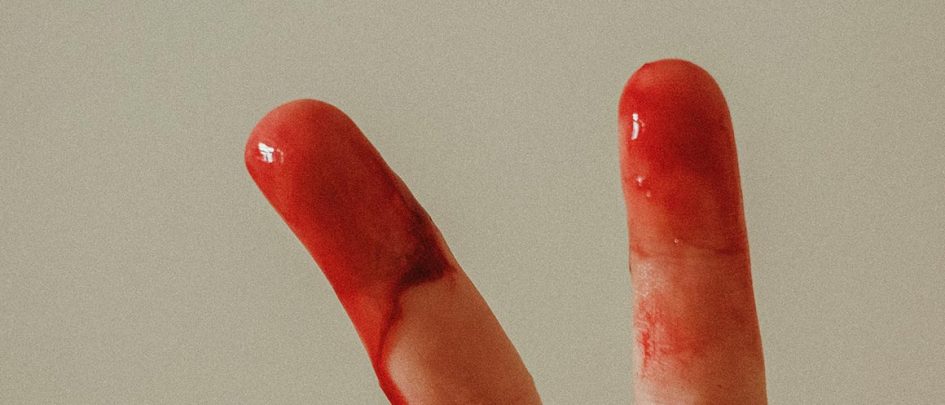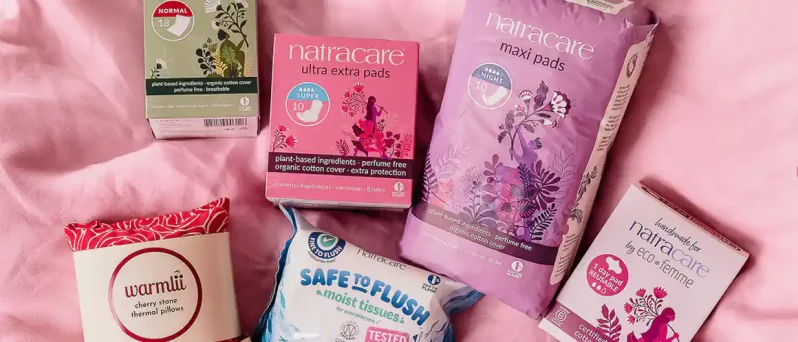Periods are powerful. They regulate our health, prepare our bodies for the gift of life, and connect us to the nature of our body. The average person with a period spends 2,535 days of their life menstruating and more than 800 million people mensturate every day. Yet global period stigma and menstrual shame are just as powerful. Menstrual cycles can range from being inconvenient to life altering, depending on your social and economic experience.
Your period can make you poor
Period poverty refers to the lack of access to safe, hygienic menstrual products and/or the inability to manage one’s period with dignity. This global challenge especially impacts the disabled, homeless, and poor communities.
1 in 10 girls in Britain aged 14 to 21 cannot afford to buy menstrual products, according to Plan International UK.
In the US, people who can’t afford tampons, pads, or other period products can’t use public benefits like food stamps or Medicaid to buy tampons or pads, as they are listed as “luxury items”. In the UK, menstrual products are taxed an extra 5%.
Many who live paycheck-to-paycheck are forced every month to decide between buying food for their families or buying period products.
Your period can keep you from school
Young girls are especially impacted from period poverty. 1 in 5 girls have either left school early or missed school entirely because they did not have access to period products, ultimately impacting their education and future opportunities. Missing school due to period poverty is even more prominent in developing countries. Access is extremely limited and there is a stronger stigma against periods, seen as “dirty and unclean.” As a result, manypeople are ostracized from basic activities and their communities.
Those with special needs and disabilities are disproportionately affected by lack of access to the facilities and resources they need for proper menstrual hygiene.
To manage their periods without the proper menstrual products, some people, especially in developing countries, may resort to using rags, cloths, or newspapers. Many fashion toilet paper or socks into a makeshift period product as an alternative — and if you’ve never had to be in that situation, let’s just say, it is ineffective.
Your period can hurt animals
From tampon applicators to rayon in tampons themselves to pads and pantyliners, modern period products can be riddled with plastic. One pack of conventional pads has the equivalent to 5 plastic bags! And on the tampon side of period products, more than 80% of the 5.8 billion tampons purchased in the US have plastic applicators — making period products one of the biggest polluters.
How does period plastic pollution hurt animals? As plastic applicators migrate from the landfill (or sewage pipes) to the ocean and wash up on shore, many animals can easily mistake the plastic waste as food which can damage their health or cause death. In fact, over 100 million marine animals are killed every single year from plastic pollution!
Also, some period product companies still test on animals, which we think is simply inexcusable. Natracare vows to never use animal products or test on animals. We are also certified vegan by the Vegetarian Society.
Have a vegan period
Natracare period products are cruelty free, vegan, and compostable, so your period can be kind to animals and the planet, too!
Find out more
Or: your period can be respected
Menstrual equity is the equal access to hygiene products that are affordable, safe, and available to those in need. It is the movement to combat period poverty, so that all people with periods can continue their education and thrive. It is the push for free period products for all in public areas, like homeless shelters, public restrooms, schools, etc. Why? Because for those who menstruate, period products are as essential as toilet paper.
Another aspect of menstrual equity is strengthening education in menstruation and puberty to combat the discriminatory taboos. Young boys benefit from menstrual hygiene education, too. Educating girls and boys on menstruation at an early age at home and school promotes healthy habits and breaks stigmas around the natural process.
When we are all able to manage our periods with dignity, all of our periods are respected. We are not seen as unclean or dirty because of our periods. We are not stigmatized for our natural body’s cycle. Instead, we are seen as humans who have menstrual cycle and need (non-luxury) period products to survive and thrive in life.
To join the fight for period equity, be sure to check out PERIOD, a US-based organization leading the fight for menstrual equity.
What makes your period powerful? Let us know in the comments below.
